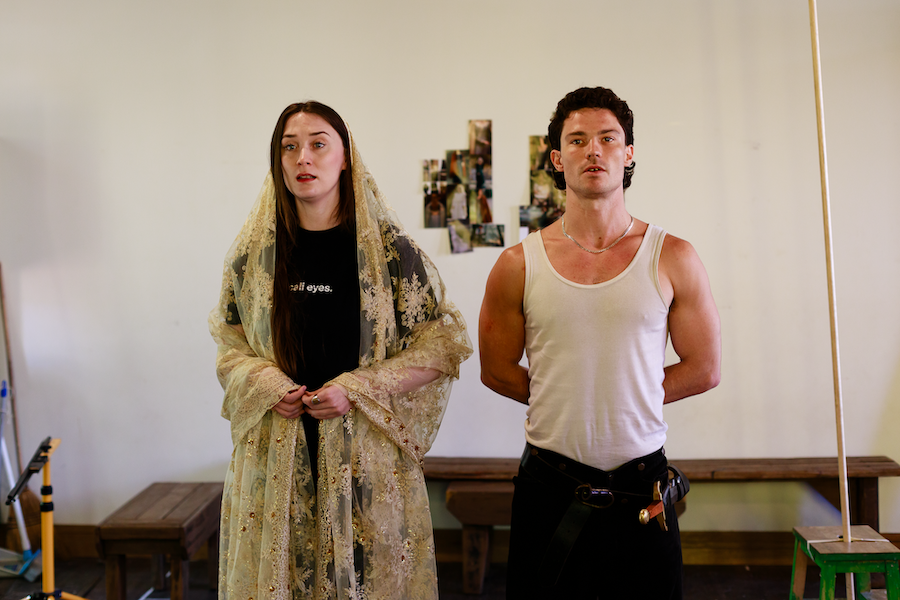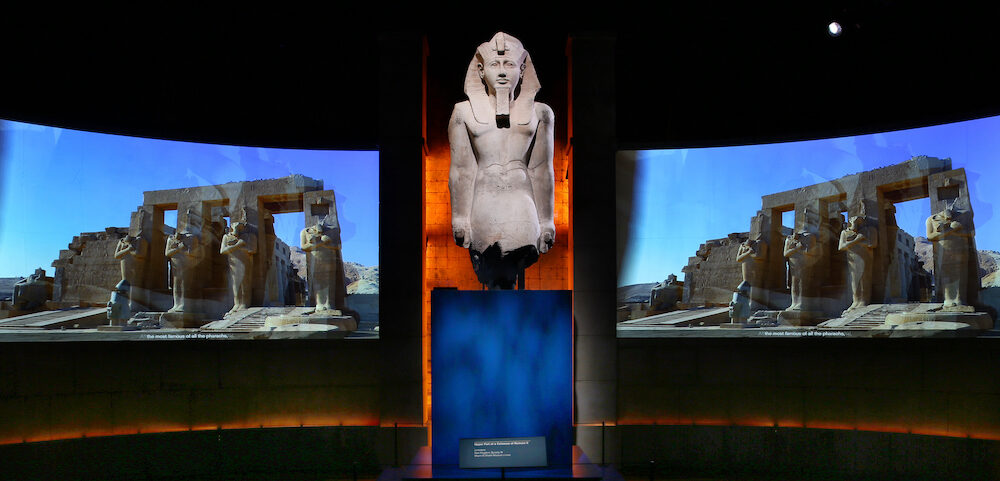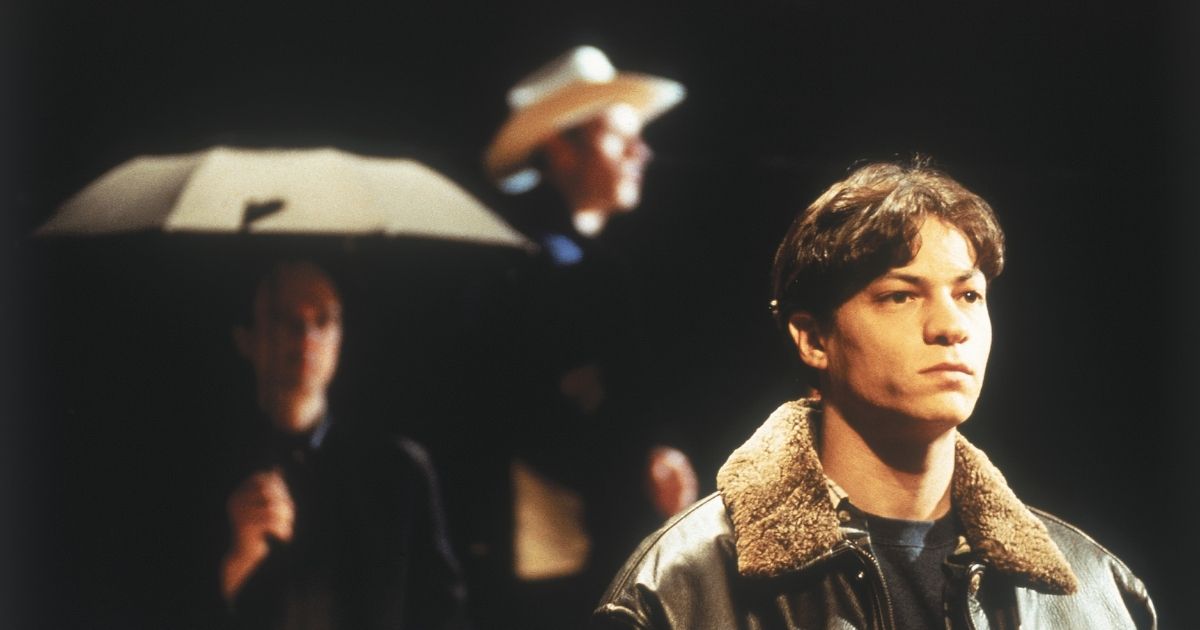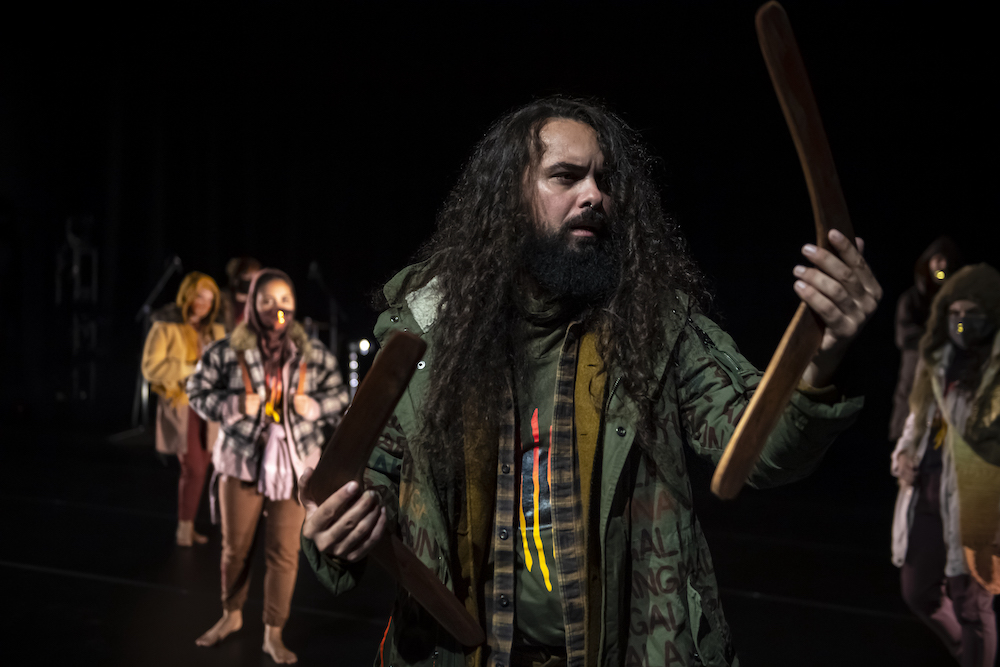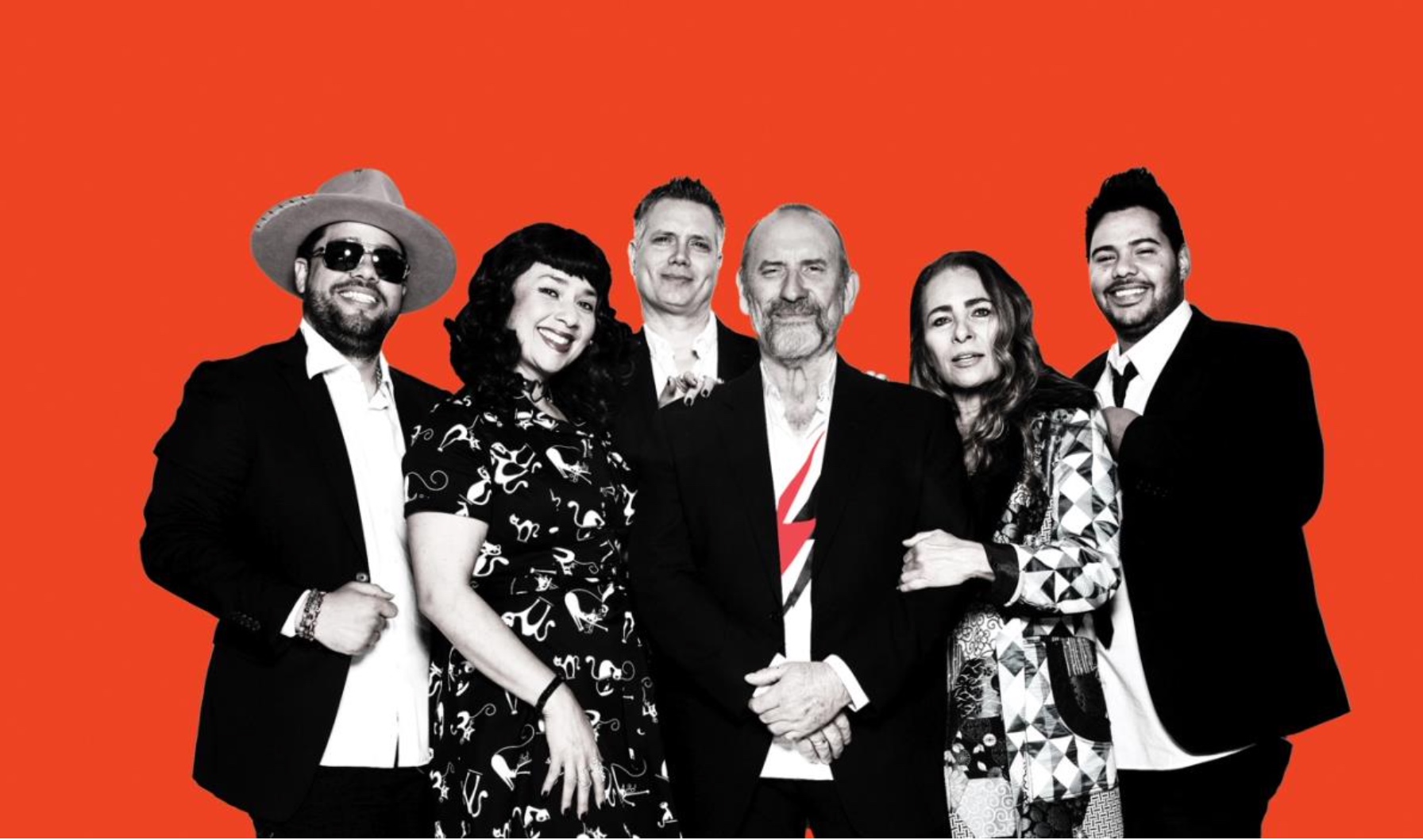
Nightlife’s Stay of Execution

By Rita Bratovich.
The screw down on Sydney’s night life has been loosened a half turn with a 30 minute extension to lockout time being granted to selected venues in Kings Cross and the CBD. But the reprieve may merely be a stay of execution for businesses and precincts effectively already condemned by the contentious laws.
Lockout restrictions have been imposed only on nightclubs, but they’ve had a shockwave affect on peripheral businesses as well as impacting on the cultural profile of the targeted precincts.
According to Louise Shepherd of the Potts Point Partnership there was an immediate drop in foot traffic in the area as soon as the laws were activated. Fast food outlets, tobacconists, newsagencies and other small businesses reported significant impact.
“Most of the businesses were affected by an average drop of 40% in revenue,” explains Shepherd.
The business structure of Kings Cross was set up for a late night economy and now both day and night based businesses are struggling. Worse still, because the laws were not universally applied across Sydney there’s an uneven playing field – these businesses simply can’t compete.
Shepherd believes the half hour extension will make little difference “because people’s habits have changed. They used to come to Kings Cross for dinner and then go out, now they just go to Newtown.”
Tourists who might have stayed in Kings Cross are going elsewhere.
Given the damage already done and unlikelihood of a return to the good ol’ days, businesses in the precinct have accepted the status quo and are rebuilding on a new economic model.
“So definitely we’re in a transition phase,” says Shepherd. “We’re really trying to push positive messages about what’s in the area. Our area is really strong for things like theatre – there’s five or six theatres within walking distance. We have amazing restaurants and small bars.”
As for the violence that ostensibly led to the lockout laws, Shepherd argues that “the ‘in venue’ violence wasn’t an issue. That was being managed very well.” Violence on the streets was a problem but could have been mitigated by measures repeatedly proposed, such as 24 hour public transport, stronger police presence, and, of course, an intelligent discussion about the endemic culture of binge drinking and violence.
Many in the area suspect there is an ulterior agenda behind the lockout laws. Kings Cross has been subsumed by residential development and gentrification.
“There’s a lot more ‘high net worth’ people in our area now,” says Shepherd and that has created tension among residents and businesses who oppose or support the laws. Rising rents have forced the closure of little legends like Piccolo Cafe, and the overall vibe of Kings Cross has changed.
“It’s hard not to see what’s happened in Kings Cross in the last few years,” says Greg Turton, Managing Director of World Bar. He agrees that residential development may have been the stronger motivation for the lockout laws.
“The venues – certainly in Kings Cross and a lot of the busier ones in the CBD – have a very good record, you know, incredibly safe places,” says Turton detailing the legal requirements for security guards, RSA monitors and CCTV.
World Bar was one of the first to receive the extension, back in February, but saw little benefit.
“It’s certainly a start, it’s not ideal….until more venues in the area are allowed to trade later I can’t see it having much impact,” says Turton. Damage has clearly been done. World Bar has seen a 25% reduction in staff. Taxi drivers, food vendors, DJs, musicians and many others have been adversely affected.
And it’s possible the violence problem has not been resolved but simply relocated. Gaming venues were exempted from the start and Turton claims “the assault rate at the Casino almost doubled in the first twelve months after the [lock out laws] came in.”
Turton is also aware of an increase in parties in warehouses, private homes and even vacant houses. These are unsupervised and very dangerous places for young people.
Focusing on the negative, however, won’t help and Turton is investing energy in optimism and renewal. World Bar has adapted its nightclub space into a theatre which, so far, has been very successful. He also proudly describes the community spirit and collaboration behind the recent Kings Cross Festival where local venues showcased their best acts and allowed entry on the same single token.
“I think it’s going to be slow, small, steps, I think that’s what the half hour thing is,” says Turton.
DJ Jaxon Carr used to play sets until dawn at many of the major nightclubs in Sydney. “Now the latest I’ll play to is 3am.”
Carr echoes sentiments expressed above about the shifting cultural landscape in Sydney. While he has managed to pick up work playing in bars and ‘chilled’ venues, many of his DJ friends have given up or moved away – and he doesn’t believe a half hour concession will make any difference. “[People] have got used to it and started to accept it,” says Carr of the restrictions.
“I think that people do know when they come to Sydney, they’re not coming to party, they’re coming to see the sights and visit the beach and stuff. Not our night life.”
Carr is dubious about whether violence really was the issue, and, if it was, whether the government has actually addressed the problem.
“I’ve been going out for 11 years. During my whole time of going out I’ve got into one altercation and I got punched and it was by a girl.”
“Sometimes I go to the Casino late to watch sport because I’m a big sports fan and I feel more unsafe in venues like that than at other venues.”
Laura Paterson is a very successful DJ and musician, known more commonly as Sippy. She shares the observations of reduced foot traffic, venue closures and job losses within the industry as a result of lockout laws and sees the result as counter-purpose:
“I have noticed I now feel less safe when travelling to and from venues late at night due to the lack of foot traffic as well as lack of police presence.”
It is also damaging Sydney’s image and credibility as a major city:
“I am constantly taking around acts that are touring from other countries and our nightlife is almost embarrassing now.”
The government’s token half hour concession is a little too late, believes Sippy: “the culture has been changed, people have lost their jobs, people have lost a lot of money all due to this legislation.”
Sippy also reiterated a couple of recurring themes in the lockout law discussion: failure to address the culture of excessive drinking and violence; and the need for a better public transport system.
There are those for whom the lockout laws have been something of a boon. The nocturnal run off from the CBD and Kings Cross has mostly coursed through to Newtown. Turnstile clicks at Newtown Station suggest an increase in visitors in the order of 300%. Maintaining that status and the overall vibe of Newtown is a priority according to Coordinator of Newtown Business Association, Simon Shaw.
They are developing a project in collaboration with City of Sydney called Night Time Economy Alliance. Over a three year period they will trial and observe models for building and maintaining a night time economy.
Shaw attributes Newtown’s success in dealing with the sudden influx of visitors in the last few years to a strategic, community based, consultative approach – an imperative to ensure that they “weren’t given the same knee jerk lockout laws that were put in place in the CBD.”
Measures included training staff in how to manage premises, recognise intoxication and prevent problems; secure taxi ranks at certain times; a chill out area in Newtown Square provided by Newtown Neighbourhood Centre to occupy and entertain people who have been displaced from venues and can’t get transport home.
Shaw believes the diversity of products and services available in Newtown feeds the possibility of 24 hour retail trading. Ultimately he sees an evolving nocturnal subculture as the future – serviced by a continuous, reliable public transport system.
“Hopefully the Newtown project will help identify what makes a good night time economy and that will be a model for other precincts in Sydney.”




